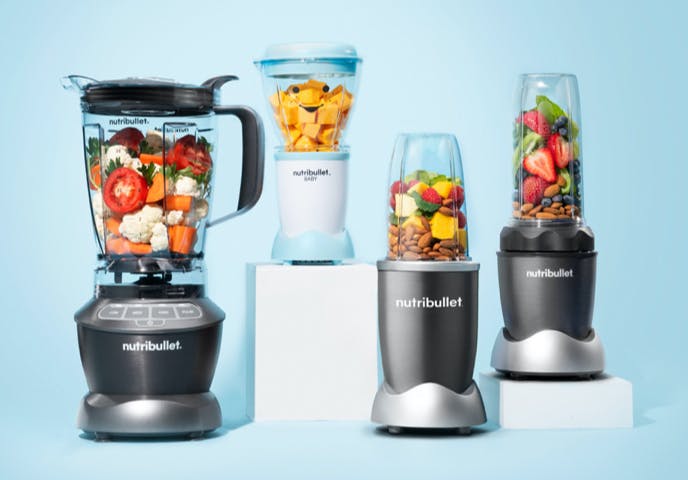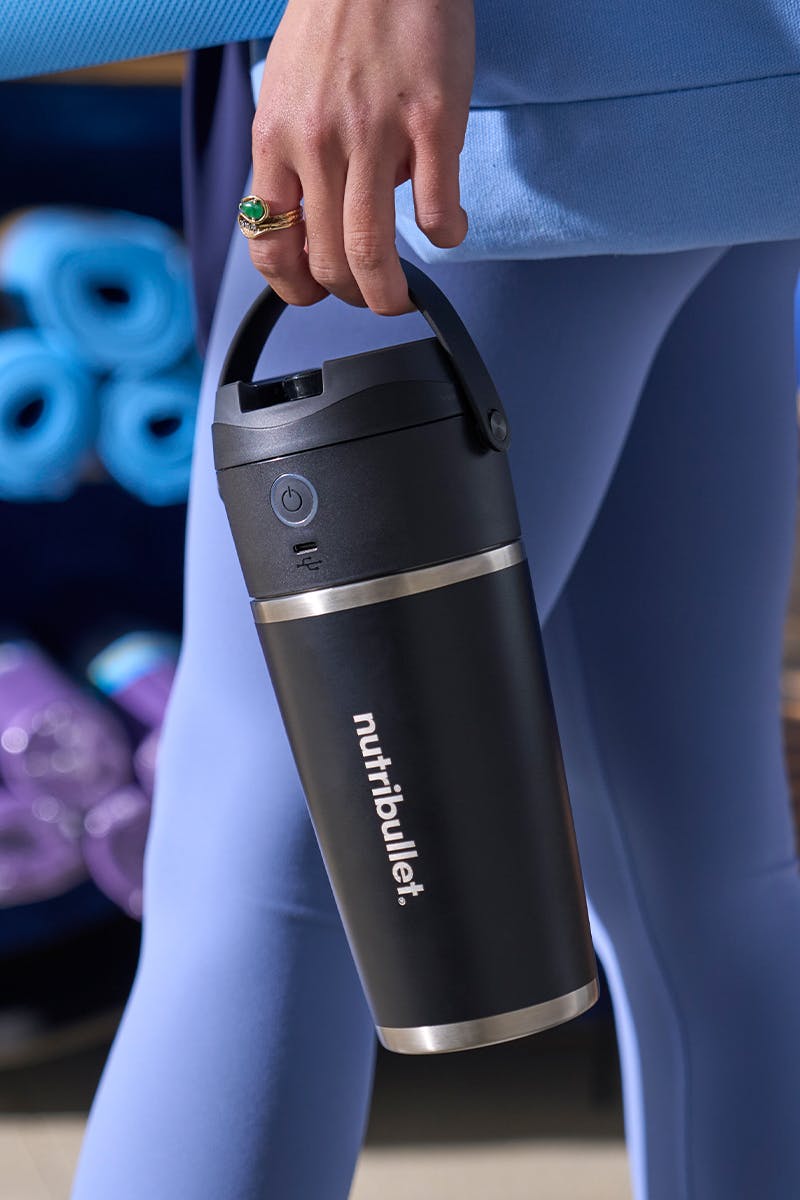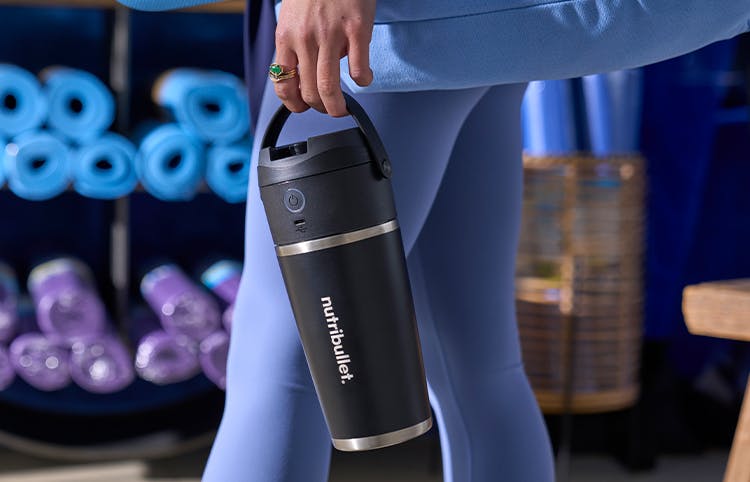Most New Year’s resolutions have faded from priorities to memories. So, what can you do now to enhance your health? For starters, you can make sure that you’re getting the right amount of vitamin D. Vitamin D is different from most other vitamins because we make some of it ourselves. While we obtain other vitamins through food or from the bacteria in our gastrointestinal tracts, we get vitamin D from the sunlight that we absorb on the surface of our skin. It’s no surprise that wintertime is a difficult time for most of us to produce enough vitamin D.
Vitamin D is important for the absorption of calcium, which is crucial for bone health and heart function. There are a number of additional functions of vitamin D that are currently being studied such as muscle structure, metabolism, immunity and the prevention of some autoimmune diseases.
During the winter, our vitamin production and levels of vitamin D in our bloodstreams decrease for a number of reasons. As long as we’re aware of this, there are a few things we can do to offset a detrimental lack of vitamin D.
There are multiple factors that prevent us from obtaining adequate vitamin D.
- Where You Live. You’ll have a hard time producing enough vitamin D if you live in areas that are further away from the sun. Northern latitudes, for example, are too far from the sun during winter months for people to absorb enough sunlight. We also make less vitamin D at lower altitudes than at higher ones for the same reason.
- Weather. Do you live in an area that’s constantly cloudy? That can limit the amount of sunlight and, therefore, vitamin D you receive on a regular basis.
- Habits. Do you stay in the shade during the summer to avoid the sun? What about wearing sun hats, sun screen and UVA/UVB protective clothing? All of these are necessary to avoid the harmful rays of the sun and prevent skin cancer, but they also limit our exposure to vitamin D. Before using sun protection, take extra care to get at least 10 minutes of pure exposure to the sun every day without these blockers.
- Skin Color. Do you have dark skin? Darker pigments can also limit the amount of vitamin D your skin absorbs. More time in the sun unprotected is necessary for people who have darker skin tones.
- Food Sources. Not many foods contain a high amount of naturally occurring vitamin D. Salmon, other fatty fish, egg yolks and cheese are high in vitamin D. Some foods, such as milk and cereals, are fortified with vitamin D, but they’re not a high quality form of the vitamin. Supplements may be necessary for those who can’t maintain adequate levels (especially in the winter months). A high quality, third party-tested supplement is crucial and supplementation should only be used after a blood test shows a deficiency.
Vitamin D is one of the trickier nutrients to obtain. By being mindful of your environment and habits, you can make sure that you’re getting enough vitamin D even during the gloomiest of winter days!



















